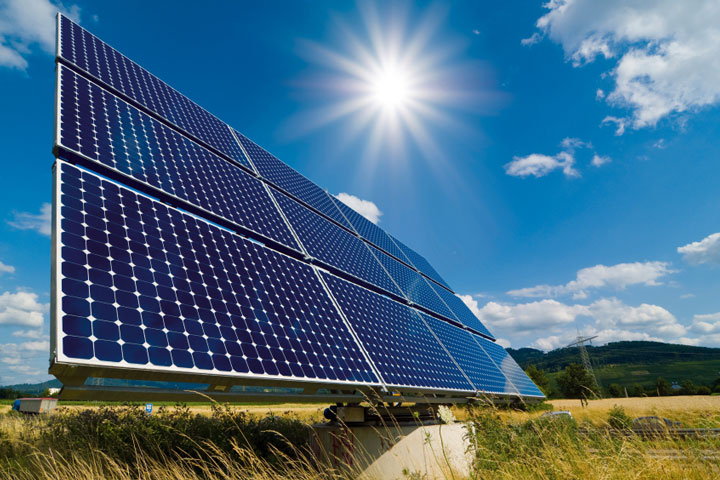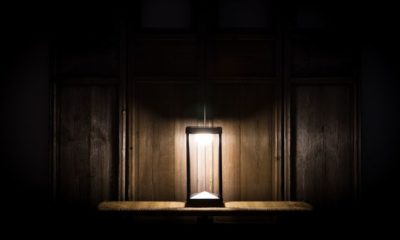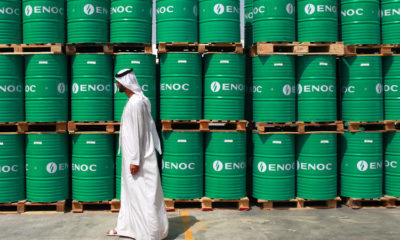In an attempt to address the persistent collapse of the national grid, the Nigerian Electricity Regulatory Commission (NERC) has announced plans to initiate talks with Independent Operators to take over the management of the grid.
The announcement follows the recent collapse of the national grid, which left the entire country in darkness.
Recall that the national grid collapsed in the early hours of Saturday, October 19, marking the third time in one week and the seventh time in less than a year.
NERC made the announcement via a statement on its X handle.
In the statement, the commission decried the persistent collapses of the national grid, noting that they reverse many of the gains achieved by the commission.
While confirming Saturday’s collapse, NERC attributed the situation to an explosion of a transformer at the Jebba transmission station as the cause of the failure.
Furthermore, the statement revealed that NERC had already initiated discussions to transfer the management of the national grid to Independent System Operators.
According to the commission, the move is in line with the provisions of the Electricity Act 2023 and is expected to bring more discipline to grid management.
The statement also emphasized that this step reflects the government’s commitment to finding a permanent solution to the national grid’s challenges.
The statement read: “The Nigerian Electricity Regulatory Commission notes with concern the recent escalating incidence of grid disturbances, often leading to significant outages in several states, thus reversing many of the gains recently achieved in reducing infrastructure deficits and improving grid stability.
“Initial reports on the grid disturbance that occurred this morning indicate that today’s outage was triggered by an explosion of a current transformer at the Jebba transmission station at 08:15 hours and an associated cascade of power plant shutdowns arising from the loss of load.
“However, efforts to restore supply have advanced with power significantly restored, as of 13:00 hours, in 33 states and the FCT.
“In line with the provisions of the Electricity Act 2023, the unbundling of the System Operator function from the Transmission Company of Nigeria Plc is ongoing, with the expectation that an Independent System Operator will bring more discipline to grid management and optimize investment in infrastructure.
“In pursuit of a permanent resolution to the national grid’s challenges, the Commission will soon conduct an investigative public hearing to identify the immediate and underlying causes of recurring grid disturbances and widespread outages.
“The date and venue of the public hearing will be announced shortly in the national dailies, and stakeholders are encouraged to participate.”

 Naira4 weeks ago
Naira4 weeks ago


 News3 weeks ago
News3 weeks ago
 Education4 weeks ago
Education4 weeks ago


 Social Media4 weeks ago
Social Media4 weeks ago
 Technology4 weeks ago
Technology4 weeks ago


 Dividends4 weeks ago
Dividends4 weeks ago
 Investment4 weeks ago
Investment4 weeks ago
 Economy4 weeks ago
Economy4 weeks ago
















